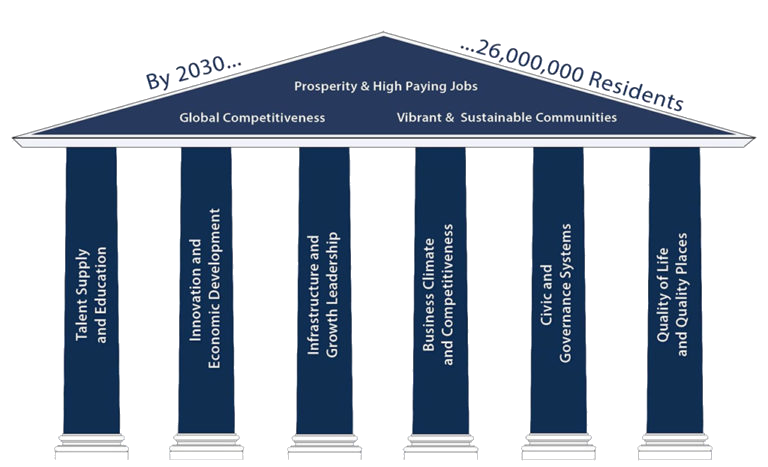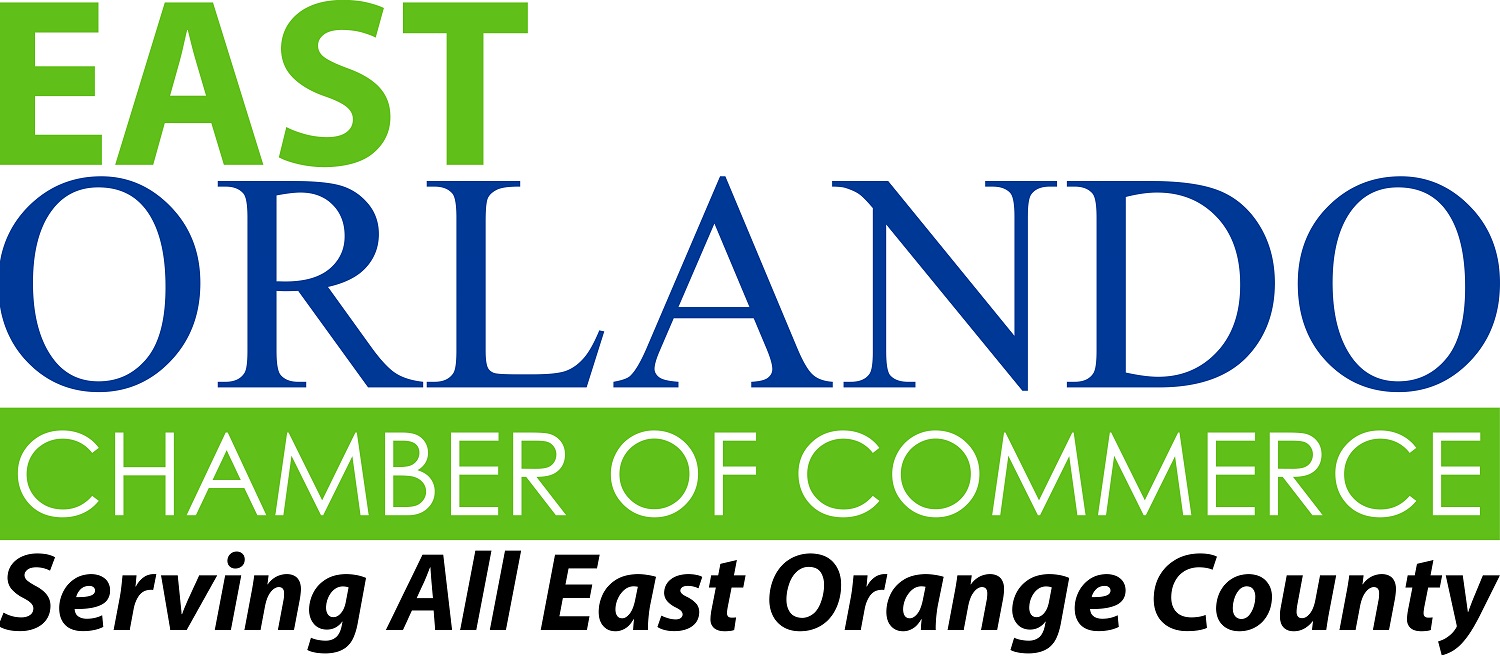Advocacy Advisory
Program Sponored by

Advocacy Positions
The East Orlando Chamber of Commerce Advocacy Advisory Council is assembled to advocate for pro-business issues relevant to the business community located in the East Orlando area, the Greater Orange County Region and the State of Florida. The Council provides recommendations to the Board of Directors and develops communications to lawmakers and membership about potential action or policies.
The members of the Advocacy Advisory Council follow structured guidelines to ensure all issues and topics are vetted prior to presenting the recommendations to the Board of Directors for final approval. Referencing the Florida Chamber of Commerce’s six pillars as the foundation, the council utilizes an application and review process to ensure issues correlate with the pro-business positions of the Chamber.
Requests & Guidelines
Submitted requests must follow the following guidelines:
- Must be a Member of East Orlando Chamber in Good Standing (Minimum Silver Level)
- Request must be submitted in writing or online form
- Must fit in one or more pillar categories
- Describe benefits to the business community
- Must state a case for support
- Provide any known opposition
- Must provide a boiler plate letter

Members of the council will review each proposal. If the proposal passes these initial requirements, a council member will be assigned to review the pro aspects of the proposal while another member will review the cons. These findings will be presented at the next Advocacy Advisory Council meeting for review, discussion and a vote. Council members will follow this format to present issues to the council for a vote:
- Presentation (15 minutes Max)
- 3 Minute presentation of the Pro
- 3 Minute presentation of the Con
- 8 Minutes for Discussion
- Vote to accept or reject – A 3/4 Super Majority Vote of all Council Members is needed for approval of an issue to be added to the agenda for Board Approval.
If the vote is to accept the proposed issue, the initiative will be added to the agenda for Board approval. If the vote is to reject, the proposed issue will be removed and not included on the agenda to the Board. Members who submitted a proposal, will be notified of the status of their proposed issue.
Advocacy Advisory Council Timeline
- January – Promotion & Issue Applications accepted
- February – Promotion & Issue Applications accepted
- March – Promotion & Issue Applications accepted
- April – Update of current priorities – Issue Applications accepted
- May – Suggested agenda formed – Issue Applications accepted
- June – Presentation of submitted Issue Applications and initial vote to accept or reject
- Assign accepted Issues to council members for review & debate
- July – (Extended in person Meeting) - Deadline for submissions
- Present Debates & Vote
- Assign any Additional Issues to council members for debate
- August – (Extended in person Meeting)
- Present Debates & Vote
- September – (Extended in person Meeting)
- Present any Additional Debates & Vote
- Assemble Draft of Agenda Slate for vote by Council
- October – Final Draft and council vote of Agenda (if approved submit to BOD for Vote)
- November – Council Final vote of agenda (if Needed)
- Submit Agenda for BOD Vote
- December – BOD Vote of advocacy agenda as a complete slate
- First of the New Year – Implement, post and distribute the agenda slate
All approved issues will be compiled into one agenda slate for approval by Board of Directors vote. A Majority Vote 50%+1 of present Board Members will approve the agenda. The approved agenda will be posted on our website and shared with members and legislators at the local and state levels.
Local Issues (Orange County & City of Orlando)
Requests must adhere to same format and procedures and can be introduced throughout the year. Finally, issues will be reviewed and presented to council members at the discretion of the Council Chair.
- 60 Day Process
- Letters of support to be sent to Local Officials & Commissioners and/or position presented at a local hearings once approved by the council members and EOCC BOD.
- Letters to State Legislators will be mailed and emailed.
